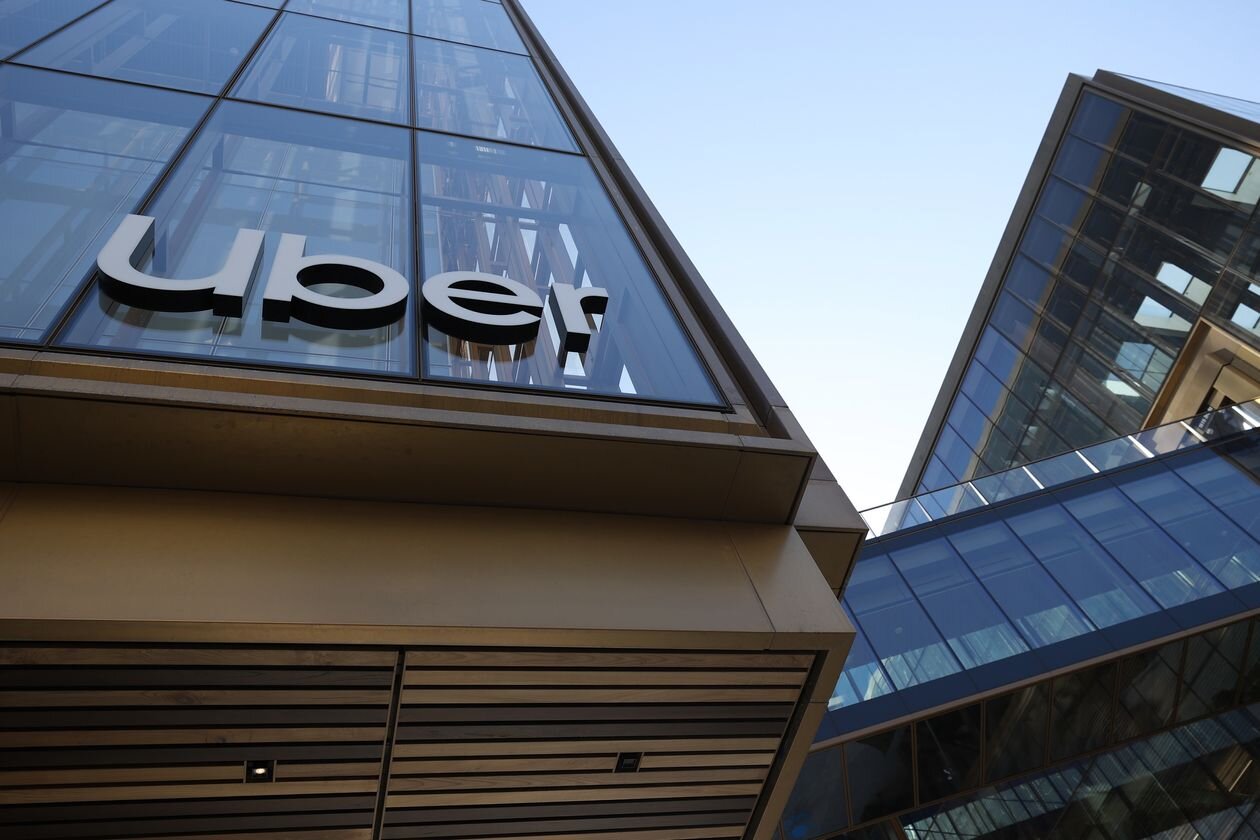The Teamsters General Fund, which proposed the first-time resolution, said Tuesday that if the company doesn’t make “meaningful changes” in its lobbying disclosures, it may refile the same proposal next year.
“Thirty percent support for the proposal in its first year at Uber shows a significant base of support for this reform, which we believe will only grow over time,” a spokeswoman for the Teamsters said Tuesday. “Transparency and accountability are necessary at Uber and throughout the ‘gig’ industry.”
Michael Connor, executive director of Open MIC (Media and Information Companies Initiative), a nonprofit that works on socially responsible investing, agreed with that assessment.
“[It’s] a strong signal that the underlying issues are important to an influential contingent of investors — and the company’s board and management would be wise to begin addressing those issues,” he said.
Connor added that the vote was “almost certainly helped” by two influential proxy advisory services, Glass Lewis & Co. and Institutional Shareholder Services, which also deemed Uber’s lobbying disclosures inadequate and recommended that shareholders vote for the resolution. Glass Lewis called the company’s spending on Proposition 22 “controversial.”
In its proxy, Uber recommended a vote against the proposal, arguing that it already complies with all state and federal lobbying-disclosure laws. The San Francisco-based company also said it discloses payments to trade associations of more than $50,000.





